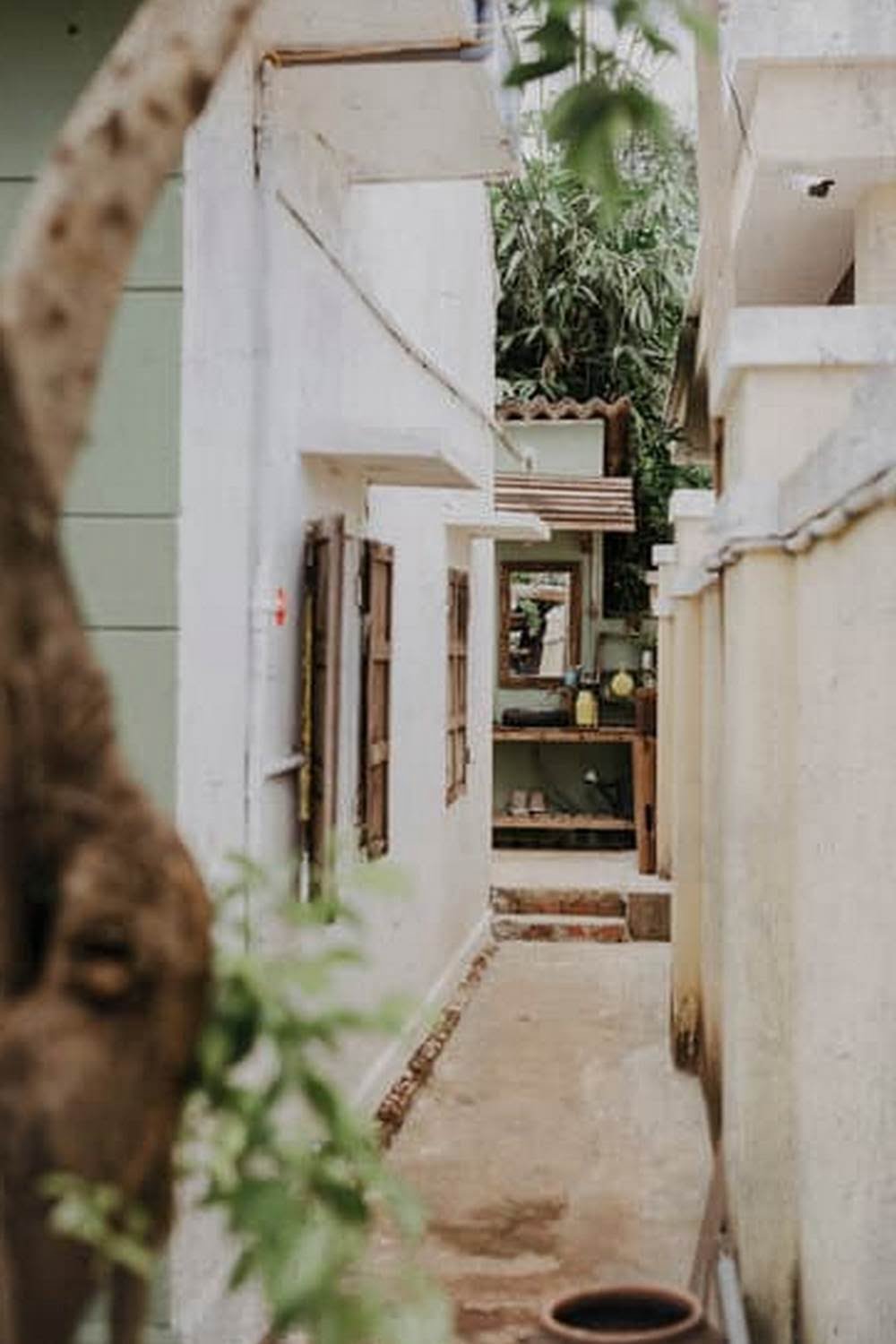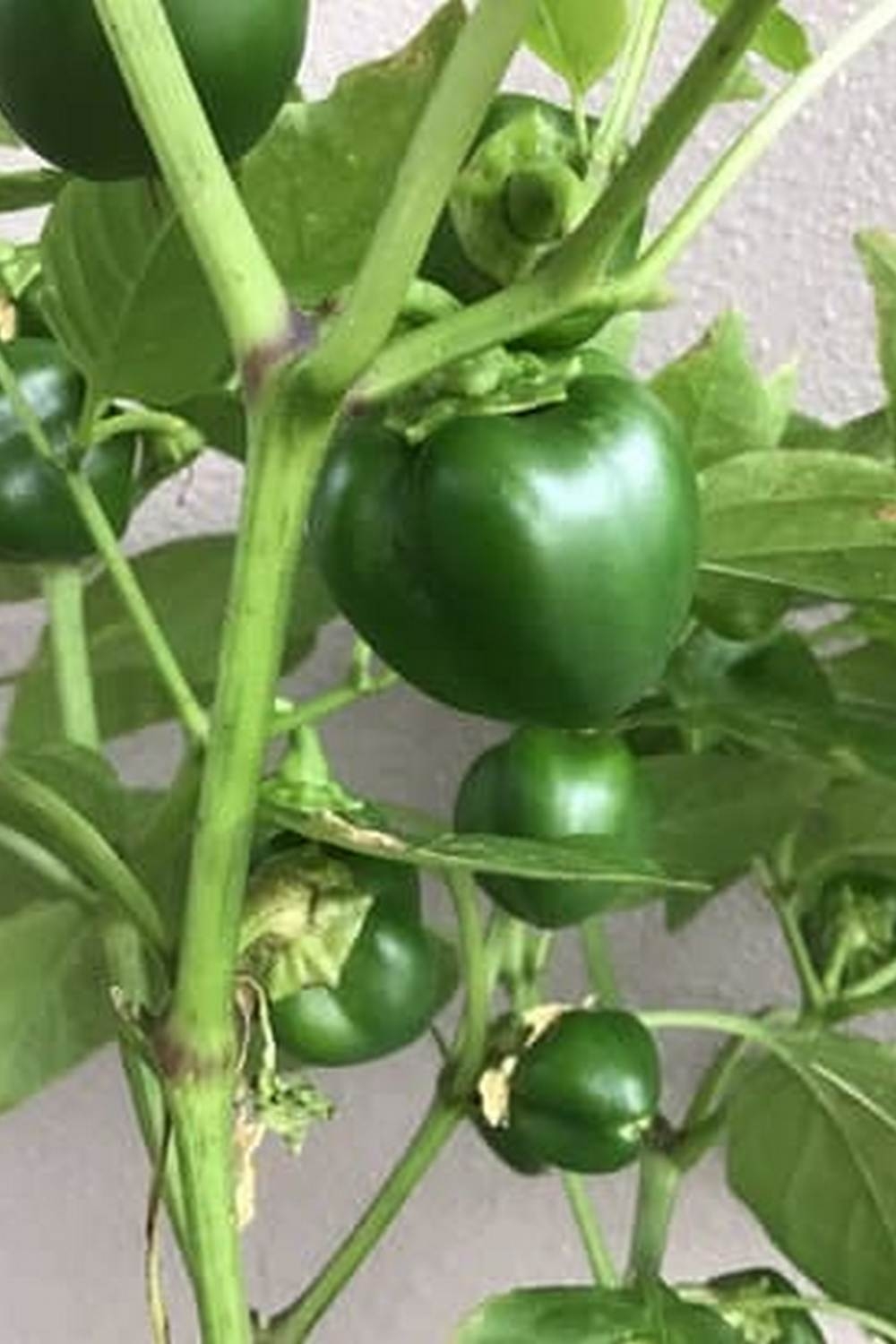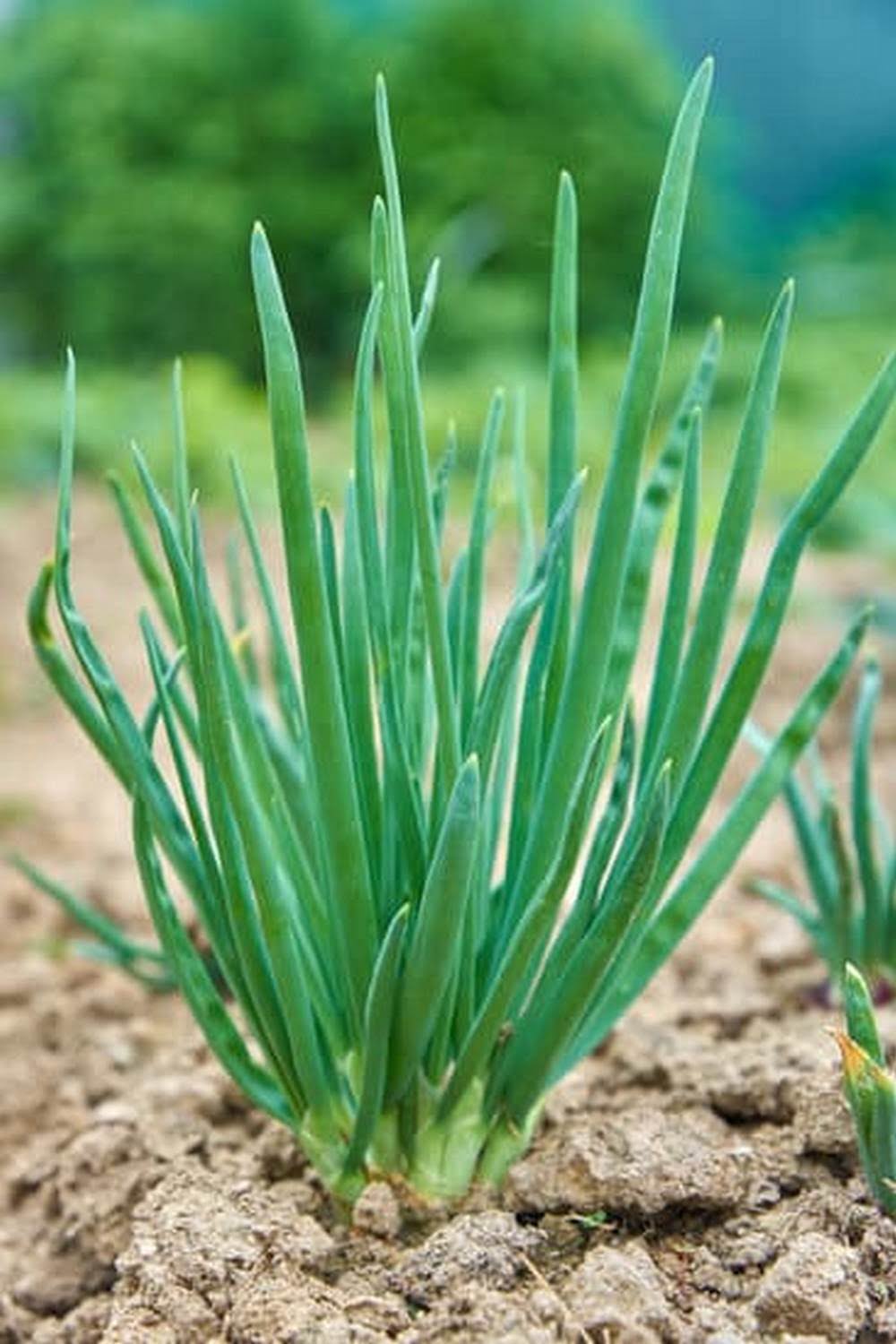How To Prepare Soil For Spring Vegetable Garden
Preparing soil for a vegetable garden in the spring can seem daunting, but it’s really not that difficult. With a little bit of planning and preparation, you can have your soil ready to plant in no time.
The first step is to test your soil pH. Vegetables prefer a slightly acidic soil, with a pH of 6.0-7.0. If your soil is too alkaline or too acidic, you can adjust the pH by adding or removing certain elements, such as limestone or sulfur.
Once you’ve determined your soil’s pH, the next step is to add any necessary nutrients. Vegetables need nitrogen, phosphorus, and potassium (NPK) to grow healthy and robust plants. You can either buy a pre-mixed fertilizer or add the nutrients yourself, depending on your soil’s needs.
Finally, you’ll need to add some organic matter to your soil. Organic matter helps to improve soil structure, drainage, and fertility. You can add organic matter in the form of compost, manure, or peat moss.
Once your soil is ready, it’s time to start planting!
Best Soil For A Raised Bed Vegetable Garden
When it comes to gardening, the type of soil you use is critical. Different types of plants need different types of soils in order to grow properly. If you want to grow a raised bed vegetable garden, you need to use the right soil.
Soil for a raised bed vegetable garden should be light and fluffy, with a good amount of organic matter. It should also be well drained, so that water doesn’t stand in the soil and cause your plants to rot.
There are many types of soil that you could use for your raised bed vegetable garden, but some are better than others. One of the best types of soil for a raised bed garden is a soil mix that is specifically designed for vegetables. This type of soil is light and fluffy, and it has a good amount of organic matter. It is also well drained, so it is perfect for raised bed gardens.
If you don’t want to buy a soil mix specifically designed for vegetables, you can also create your own soil mix. To do this, combine equal parts of sand, compost, and topsoil. This mix will be light and fluffy, and it will also have a good amount of organic matter. It will also be well drained, so it is perfect for raised bed gardens.
No matter what type of soil you choose for your raised bed garden, make sure that it is loose and crumbly. This will help ensure that your plants get the nutrients they need to grow healthy and strong.
Lead In Soil Vegetable Garden
There is a lot of debate about how much lead is in the soil and how it affects our food. Some people say that there is no lead in the soil and it is all a hoax, while others say that there is so much lead in the soil that we are all going to die. The truth is, like most things, it is somewhere in the middle. There is lead in the soil, but it is not enough to kill us. However, if you are planning on growing a vegetable garden, you will want to take into account the lead levels in your soil.
Lead levels in the soil vary from place to place, and even from street to street. The best way to find out the lead levels in your soil is to have it tested. You can have your soil tested through your local county extension office or by a private company.
If the lead levels in your soil are high, there are a few things that you can do to mitigate the effects. The most important thing is to grow vegetables that are known to absorb lead from the soil. Some of these vegetables include peas, beans, carrots, and potatoes. You can also add compost to your soil to help absorb the lead. Compost is a great way to improve the quality of your soil, so it is a good idea to add it anyway.
If you are not comfortable with the lead levels in your soil, you can always choose to grow your vegetables in containers. This is a great option if you only have a small garden. Containers are also a good option if you are not sure about the lead levels in your soil, but want to try to grow your own vegetables.
No matter what you do, it is important to be aware of the lead levels in your soil. Lead can be harmful to our health, so it is best to take precautions.
What Kind Of Soil For Raised Bed Vegetable Garden
The best type of soil for a raised bed vegetable garden is a well-drained mix that is light and fluffy. Soil that is too dense or heavy will not allow proper drainage and can cause root rot. Soil that is too sandy or gritty will not hold moisture or nutrients well and can also cause problems with drainage. A mix of 50% topsoil, 25% compost, and 25% sand is a good general purpose soil for a raised bed vegetable garden.
Is Miracle Gro Garden Soil Safe For Vegetables
When it comes to Miracle Gro Garden Soil, there are a lot of questions about its safety for vegetables. In order to answer this question, it is important to understand what Miracle Gro Garden Soil is. Miracle Gro Garden Soil is a soil amendment that is designed to improve the quality of soil. It is not a fertilizer. Miracle Gro Garden Soil contains a small amount of fertilizer, but its primary purpose is to improve the quality of the soil.
The question of whether Miracle Gro Garden Soil is safe for vegetables is a valid one. However, it is important to keep in mind that Miracle Gro Garden Soil is not a fertilizer. It is a soil amendment. Therefore, it is not as potent as a fertilizer. Miracle Gro Garden Soil is also slow-release, so it will not immediately harm vegetables.
That being said, it is always a good idea to test Miracle Gro Garden Soil before using it in your garden. This is especially important if you are growing vegetables. To test Miracle Gro Garden Soil, simply mix it in with some soil and plant a few seeds. If the seeds germinate and grow, then Miracle Gro Garden Soil is safe for vegetables. If the seeds do not germinate, then Miracle Gro Garden Soil is not safe for vegetables and you should not use it in your garden.

If you’re looking to get into vegetable gardening, or are just looking for some tips on how to make your current garden better, then you’ve come to the right place! My name is Ethel and I have been gardening for years. In this blog, I’m going to share with you some of my best tips on how to create a successful vegetable garden.





